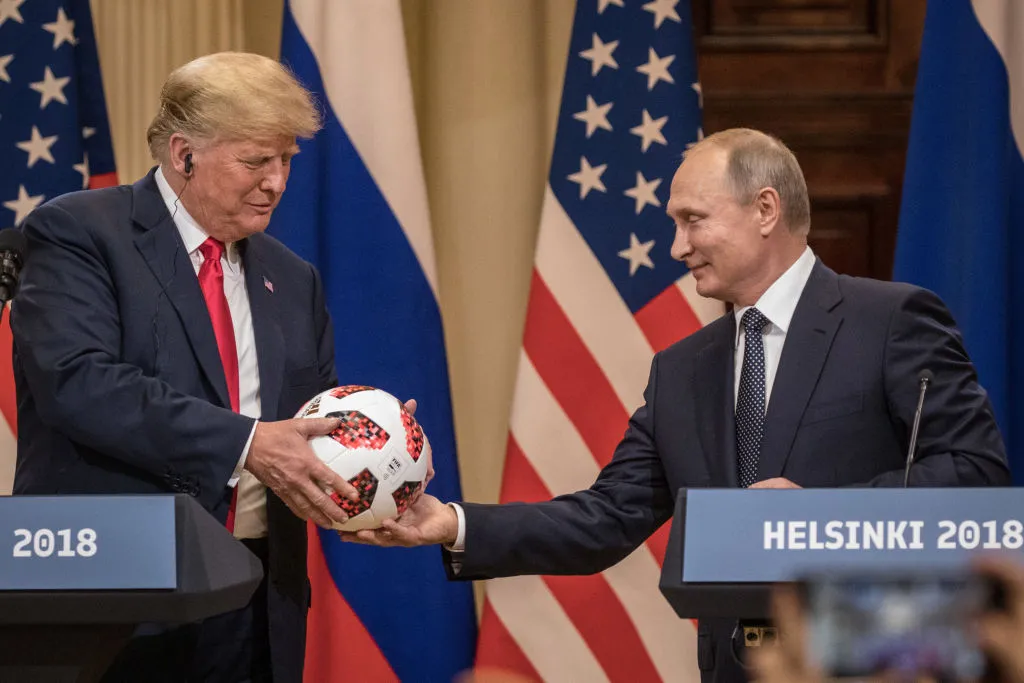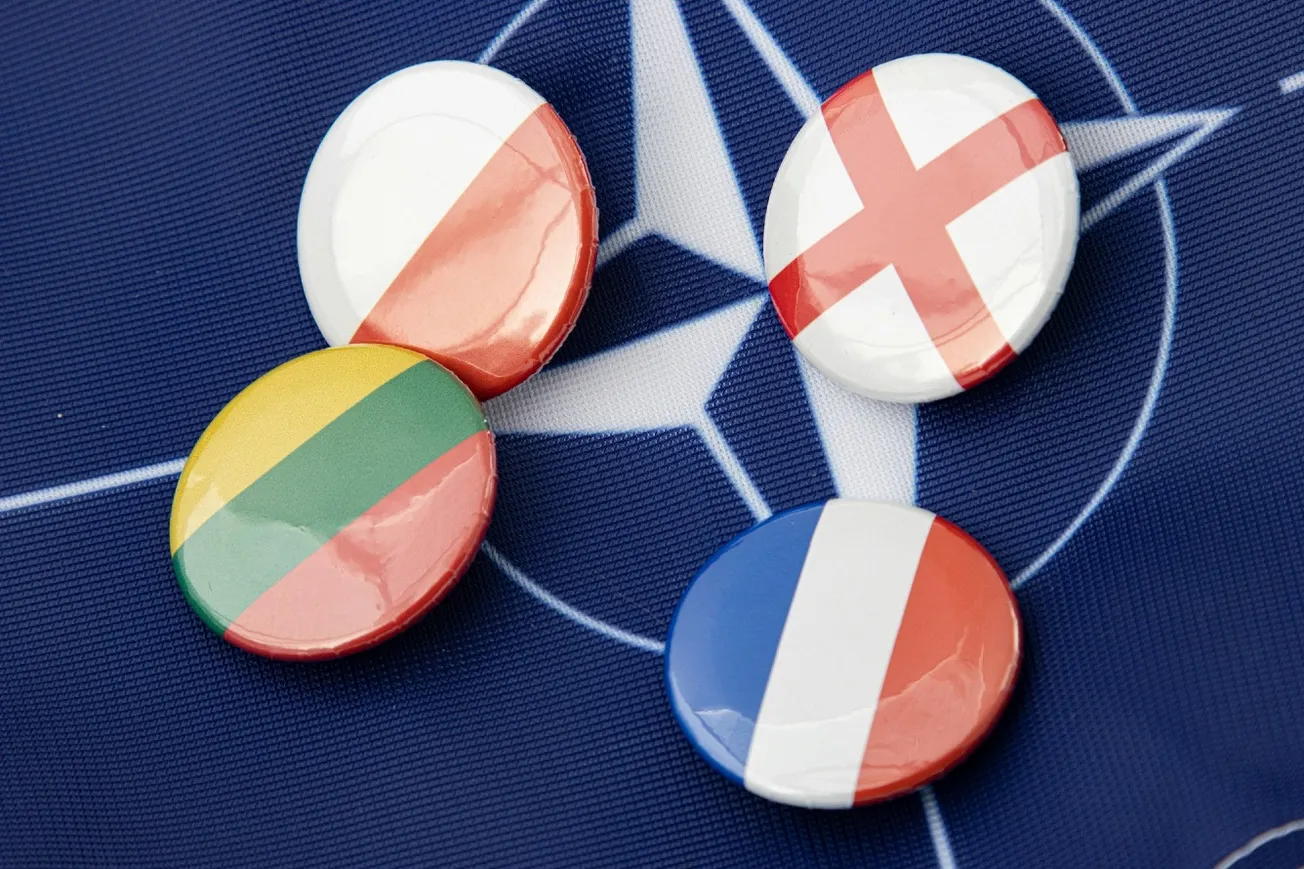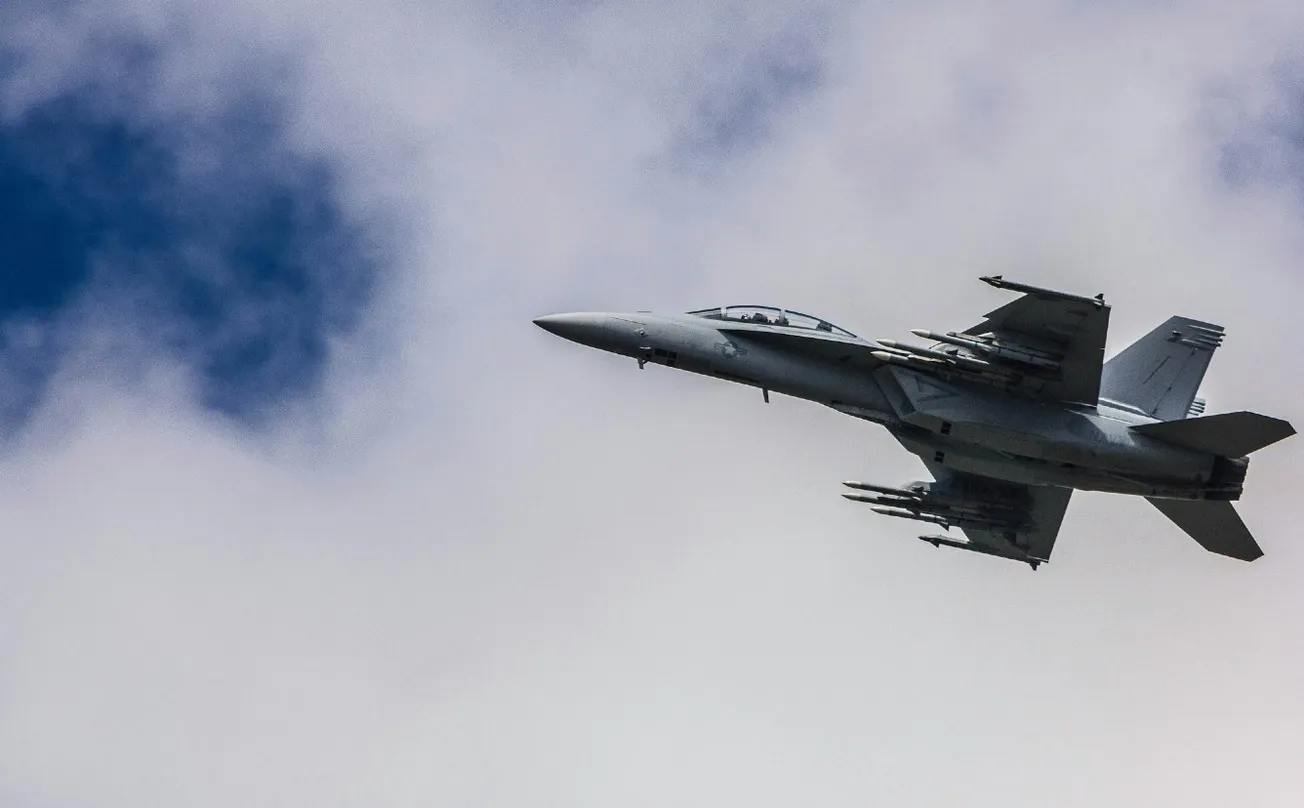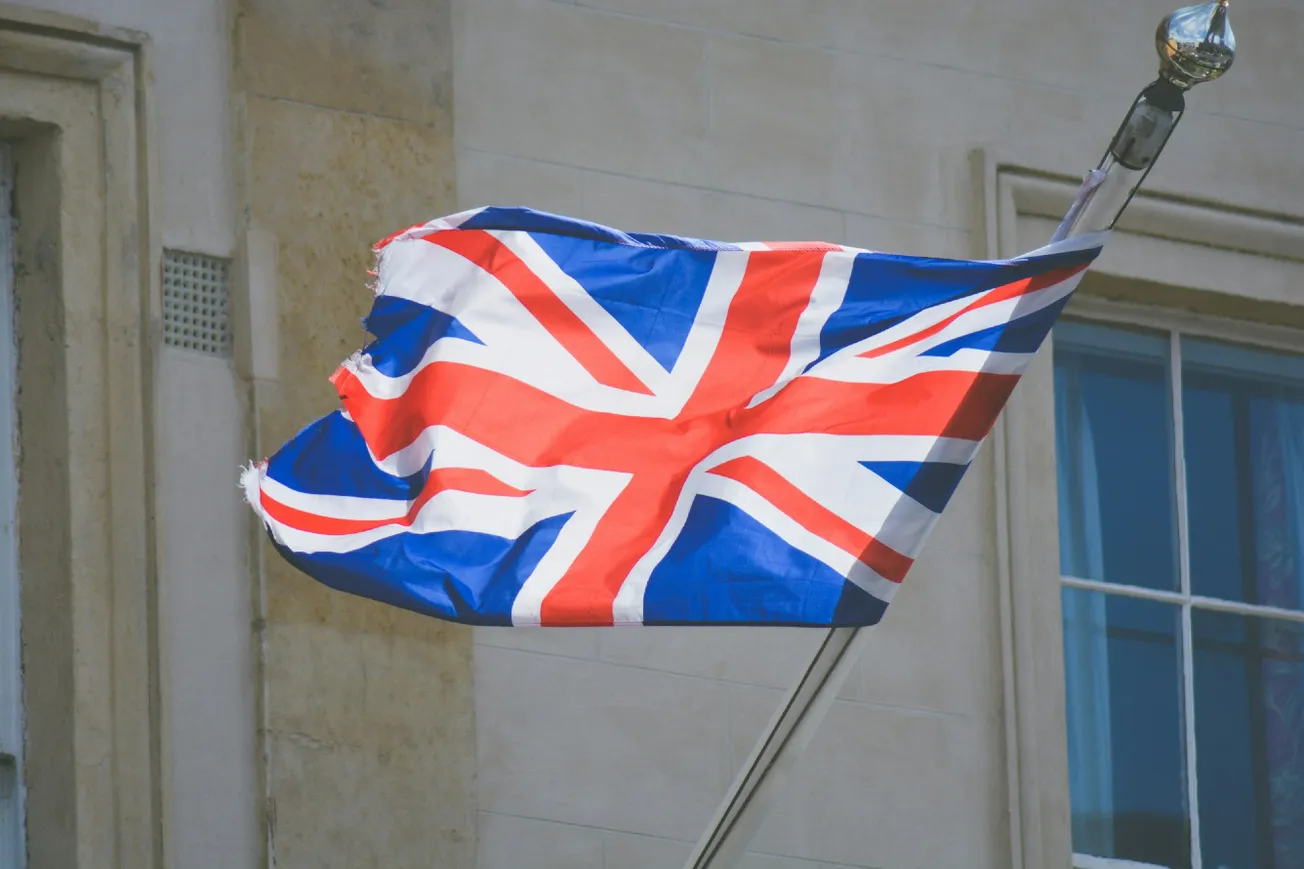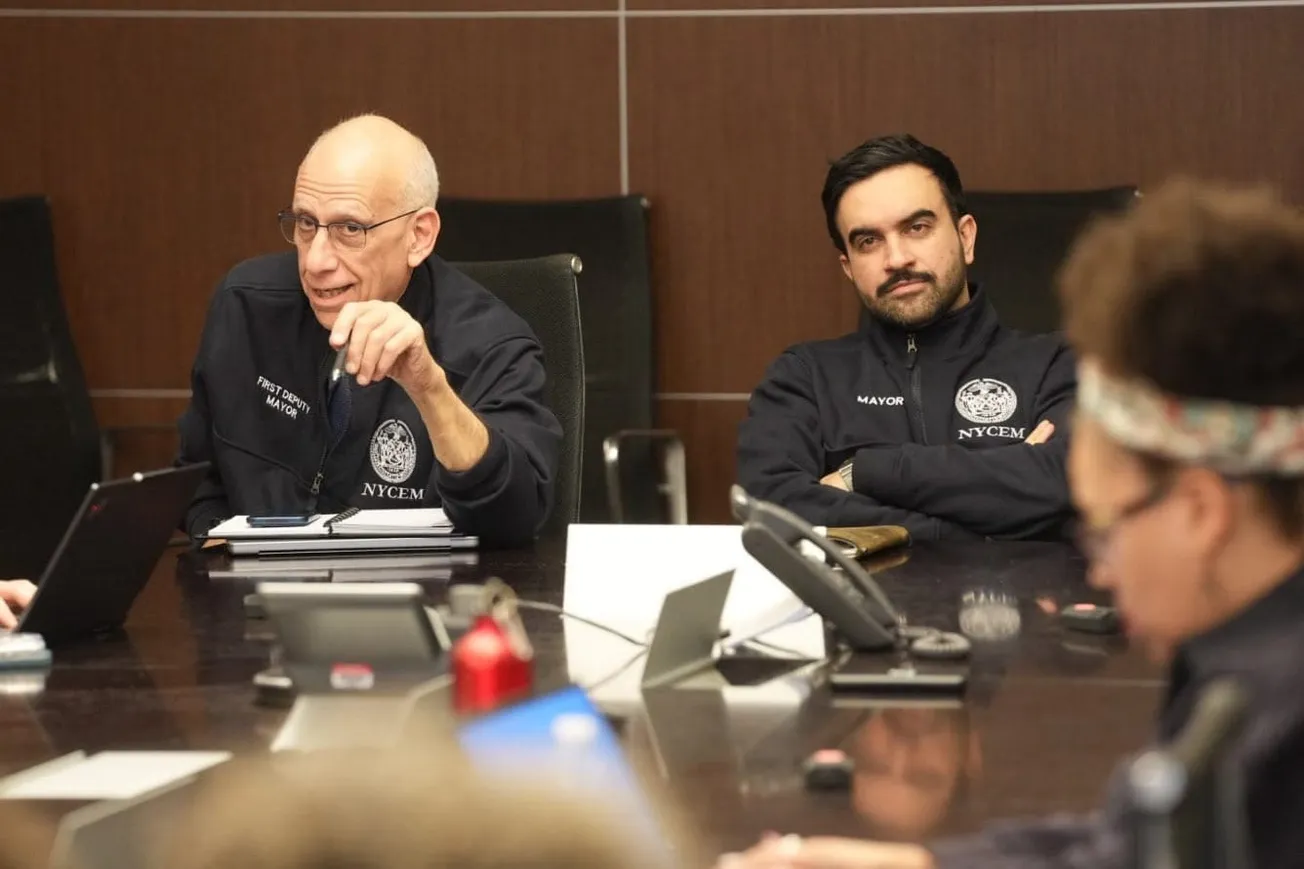On July 16, 2018, the BBC summarized the Western media's fast-developing distaste for former President Trump: "Trump sides with Russia against FBI at Helsinki summit."
The BBC storyline was that "U.S. intelligence agencies had concluded in 2016 that Russia was behind an effort to tip the scale of the U.S. election against Hillary Clinton, with a state-authorized campaign of cyber attacks and fake news stories planted on social media."
So, at a news conference after the summit, President Trump was asked if he believed his own intelligence agencies or the Russian President when it came to the allegations of meddling in the elections. The media hoped Trump would say "the right thing" and back up his intelligence agencies. Instead, Trump replied with a statement that angered even members of the Republican Party. "President Putin says it's not Russia. I don't see any reason why it would be."
The adverse reaction from what Trump refers to as ‘the swamp’ was instantaneous. How could a sitting U.S. President disown his own officials and side with a foreign leader, that too the rogue Russian President?
Then U.S. House Speaker Paul Ryan: "There is no moral equivalence between the United States and Russia, which remains hostile to our most basic values and ideals. There was "no question" Moscow had interfered in the 2016 election."
The late Senator John McCain, one of the first Never-Trumpers, called it a "disgraceful performance" by a U.S. President. "No prior president has ever abased himself more abjectly before a tyrant."
Sen. Bob Casey, the Pennsylvania Democrat, said Trump had "shamed the office of the presidency" with his "dangerous and reckless" reaction to Putin — "a new low and profound embarrassment for America."
Senate Majority Leader Mitch McConnell, R-Ky., said: "As I've said repeatedly, the Russians are not our friends, and I entirely agree with the assessment of our intelligence community."
Former CIA Director John Brennan called it "nothing short of treasonous."
Former Sen. Jeff Flake, R-Ariz., another consistent Trump critic, called the press conference "shameful."
What We Know Today
Many truths have come out since Trump's Helsinki statement.
Summary of the Mueller Report, March 29, 2019: The special counsel found that Russia did interfere with the election but "did not find that the Trump campaign, or anyone associated with it, conspired or coordinated with the Russian government in these efforts, despite multiple efforts from Russian-affiliated individuals to assist the Trump campaign."
So, how did Russia interfere, and what was the outcome? The Mueller Report said that the most critical interference was when Russian agents used phishing techniques to hack into the email account of Hillary Clinton's campaign chairman, John Podesta, and reveal troves of internal DNC emails to WikiLeaks, which published most of them. The Russians tried to target America's voting system but were unsuccessful.
A Senate Select Committee on Intelligence report confirmed these findings in July 2019: The Committee found Russian activity directed at the state and local level began in at least 2014 and carried into at least 2017. But the Committee saw no evidence that any votes were changed or that any voting machines were manipulated.
On May 15, 2023, Special Prosecutor John Durham made public a report summarizing a three-year investigation into the extent of Russian collusion in the 2016 election. Durham's report concluded that there was no verified evidence of collusion when the Justice Department began its investigation into former President Donald Trump's campaign in the summer of 2016.
According to Durham, the FBI rushed into the probe without evidence that anyone from the Trump campaign had had contact with Russian intelligence officers. It identifies by name the Russian experts in the FBI and other agencies who were never consulted before the investigation was begun and said that had such consultation occurred, they would have said there was no information pointing to a conspiracy between Russia and the campaign.
Our Conclusion
As with most Trump stories, the initial media reporting and the frenzy of incessant coverage for months were plainly wrong and biased, and the Helsinki story was no different.
Russia, like most other countries, including China and the United States, has been covertly interfering in the elections of its rivals for decades. Because elections in America are state-run and control is decentralized, Russian efforts were unsuccessful. Not one vote in the 2016 election changed. The media rarely acknowledges this truth.
On the other hand, American intelligence agencies continued using their levers to cripple a presidency for four years, beginning with a wrongful investigation. In 2016, the crescendo of negative coverage against Trump increased because senior FBI and intelligence officials concluded that the campaign colluded with Russia and leaked this information to the press that had wanted Hillary Clinton to win. The four-year effort culminated in over 50 intelligence officials wrongly asserting that the Hunter Biden laptop was Russian disinformation in the 2020 election to help tip the election to President Biden. Today, we know that the laptop story was 100% accurate, and had this information not been suppressed by intelligence officials with active support from Big Tech, Trump could have been re-elected. The media continues not to acknowledge this fact.
Trump was, therefore, more right than wrong in Finland. American intelligence agencies meddled much more in the Trump campaign and presidency than Russia ever did.
Don't expect a public apology from anyone above who was wrong. These are the same people who continue to prosecute America's covert war against Russia with billions of dollars that we do not have.
Like our insights? Show your support by becoming a paid subscriber!

